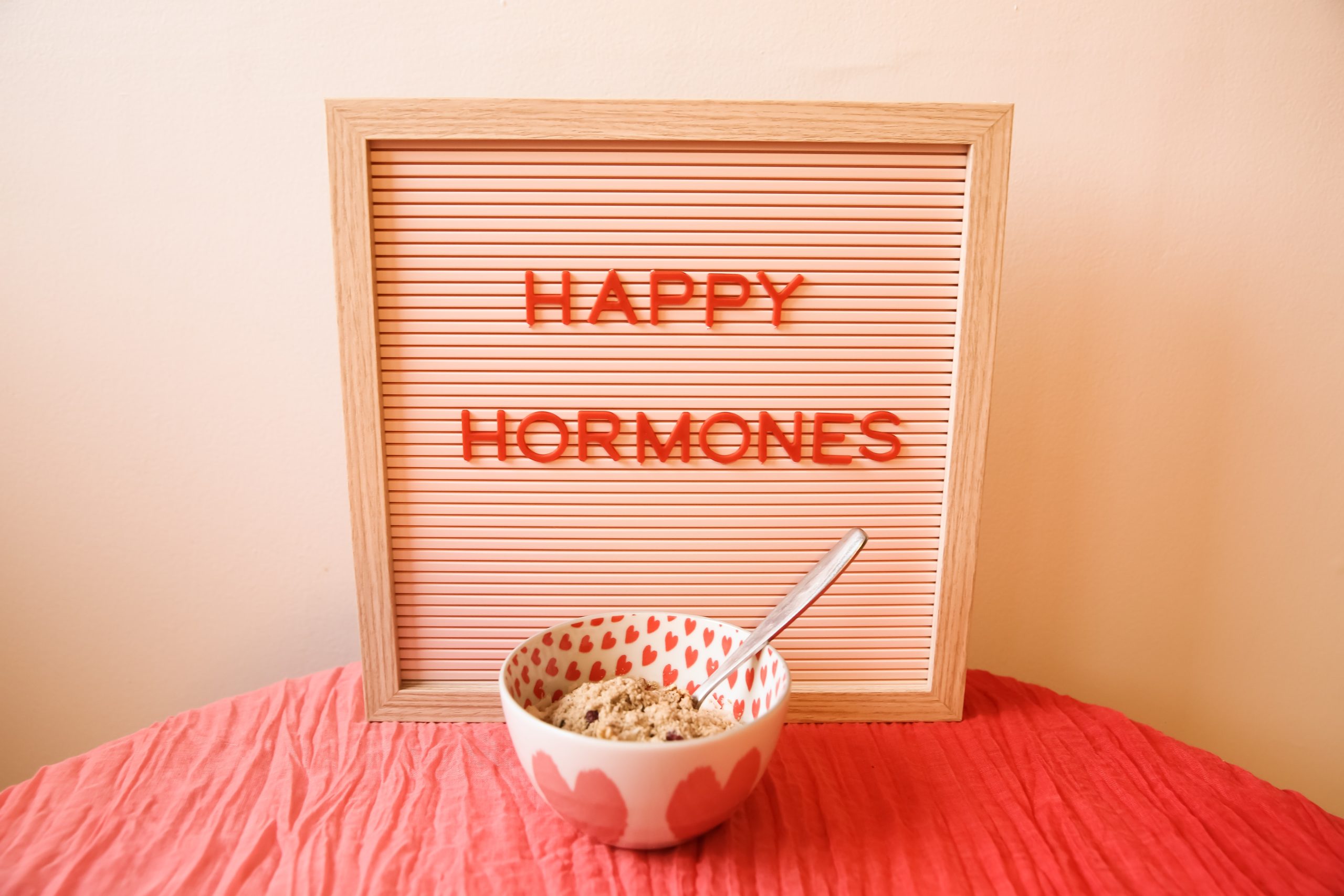
Do you have ten pounds that you can’t shake or feel like you gain weight just by looking at donuts? Maybe your weight issues come from a hormone imbalance. Women often experience weight gain during menopause, making it easier to link to hormonal problems. It can occur at other times, too. Losing weight is difficult enough, but these pounds are even more stubborn. Even worse, many of those extra pounds end up around the midsection as visceral fat. It’s the most dangerous type of fat and the hardest to lose.
Women may experience estrogen dominance.
During perimenopause and menopause, your body is going to the next stage in life. The journey isn’t always smooth. Estrogen, testosterone, and progesterone levels all fluctuate during perimenopause and menopause. Yes, women have testosterone. It’s vital for bone density and muscle development. If one of the hormones drops faster than the other, it can cause an imbalance that creates problems. Estrogen dominance occurs if testosterone and progesterone drop faster than estrogen.
Other hormones that aren’t sex hormones can lead to excess pounds.
Many hormones affect weight. Some occur in pairs. One turns on a function, and the other turns it off. Leptin and ghrelin are examples. Hormones that can contribute to weight gain when they’re out of control include insulin, cortisol, glucagon-like peptide-1 (GLP-1), neuropeptide Y (NPY), Cholecystokinin (CCK), and peptide YY. Some hormones stimulate the appetite or keep you feeling hungry. Ghrelin, NPY, GLP-1, and NYP are examples.
How do you regulate those hormones?
No matter what your age or gender, stress plays a huge factor in weight gain. Cortisol is a stress hormone that may cause weight gain. Ironically, weight gain may also increase cortisol levels. A healthy lifestyle which includes adequate sleep, regular exercise, and a healthy diet can help regulate cortisol levels and most hormonal imbalances. Deep breathing, meditation, and other relaxation techniques also fight cortisol overload.
- If insulin levels are high, it can lead to insulin resistance. Cutting out food with added sugar, including fiber in your diet, adequate sleep, and doing HIIT workouts or strength-building exercises can help prevent the problem.
- Consuming food high in vitamin B complex, magnesium, and vitamin D3 or taking supplements can help balance hormones. Consume less red meat and avoid sugar and caffeine. Consuming bone broth boosts nutrients and collagen.
- Even though strength-building and HIIT are the best exercises for hormone balancing, if you’ve lived a sedentary lifestyle, start by walking. As you get fitter, do a more strenuous workout.
- Gut health plays a huge role in hormone balancing. Eat probiotic and prebiotic foods. Probiotic foods include sauerkraut, yogurt, kimchi, and kefir. Probiotic foods include food with fiber, such as asparagus, onions, and bananas.
For more information, contact us today at Revolution Training
